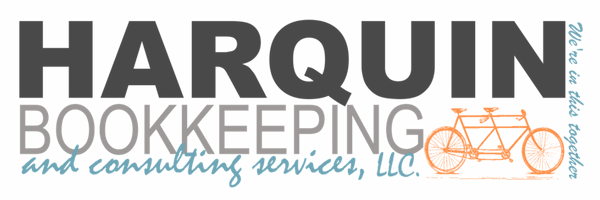How to Price Your Food Products
If you're just starting out in your food business, know that most entrepreneurs, regardless of the product they sell, will find pricing is a bit challenging at first. Ultimately there’s no one pricing formula that will work for everyone. Know your costs (both fixed and variable), and keep adjusting until you get it right.
Here are three options to consider:
Variable costs (per product)
If you order products, you’ll have a clear answer on how much each unit costs you, which is your cost of goods sold.
If you make your products, you’ll need to take into account raw materials, labor costs, and overhead costs. How much does that cost, and how many products can you create from it? That will give you a rough estimate of your cost of goods sold per item.
You'll also want to calculate the amount of time you spend on your business. Set an hourly rate you want to earn from your business, and then divide that by how many products you can make in that time. To set a sustainable price, make sure to incorporate the cost of your time as a variable product cost.
Keep in mind what your market research showed you and how much your customers are willing to pay and how it lines up with your competition.
Profit margin
Once you know your variable costs per product sold, you can build profit into your price. When you’re choosing your profit margin percentage, it’s important to remember: You’ll also need to include your fixed costs, so you will have costs to cover beyond just your variable costs and secondly, consider your market analysis and make sure your price point makes sense.
To calculate a price, take your total variable costs and divide them by 1 minus your desired profit margin expressed as a decimal.
Fixed Costs
Fixed costs are the expenses that you’d pay no matter what changes, and that stays the same whether you sell 10 products or 1,000 products. You’ll want your fixed costs covered by your product sales as well. Test different price points to see how your fixed costs fit in.
We hope this blog was helpful and don’t forget hiring a bookkeeper is one of the first things to do when starting a business. We love supporting food industry businesses. Get a free estimate.
